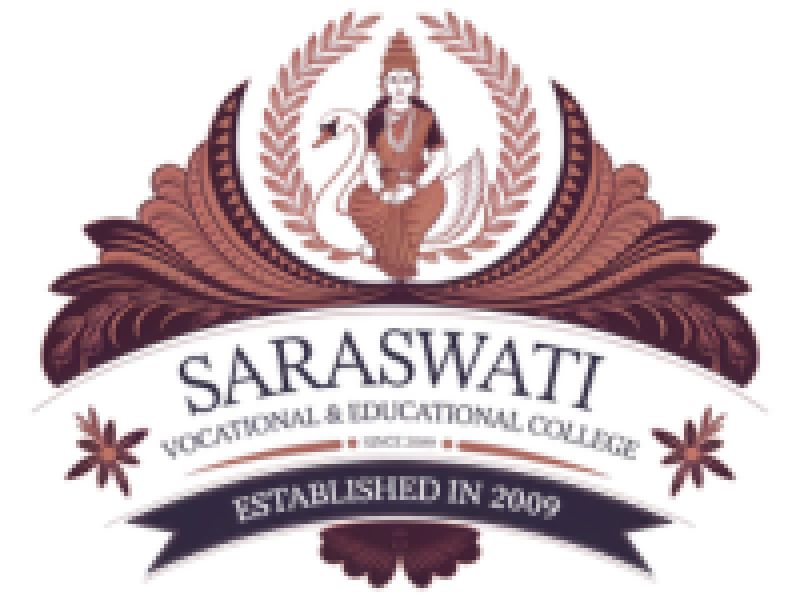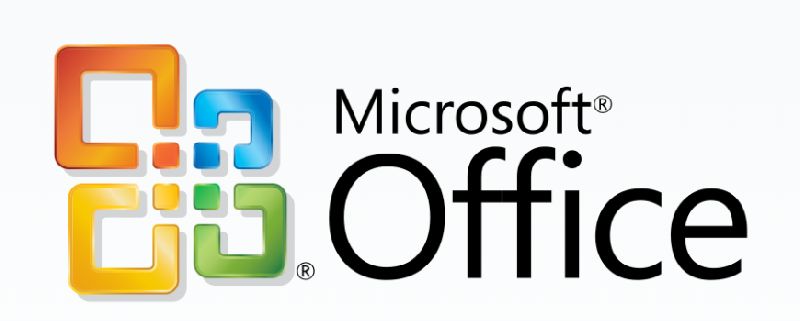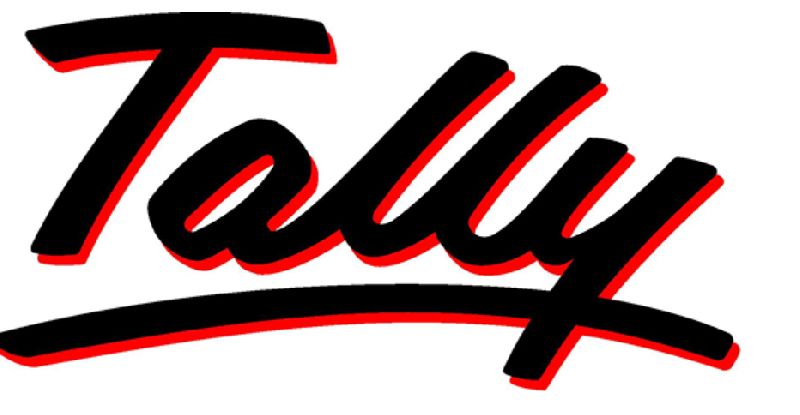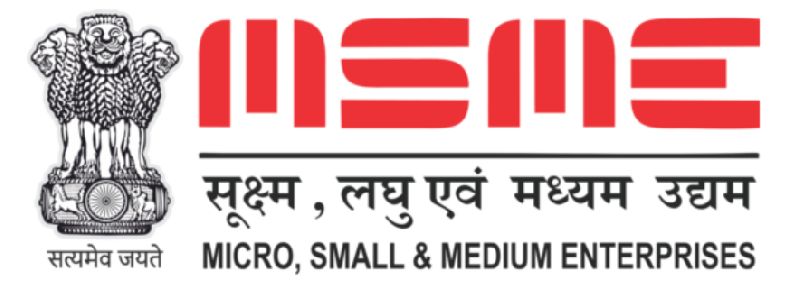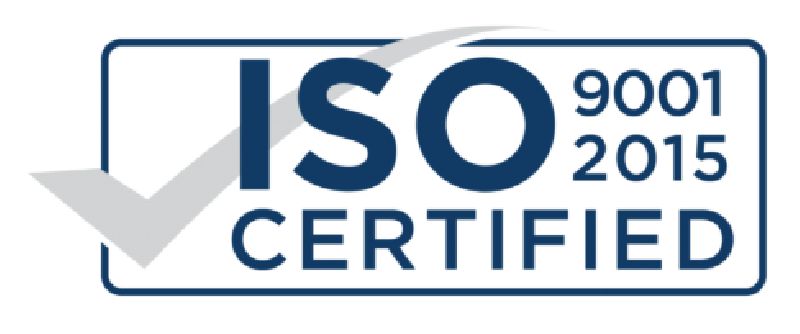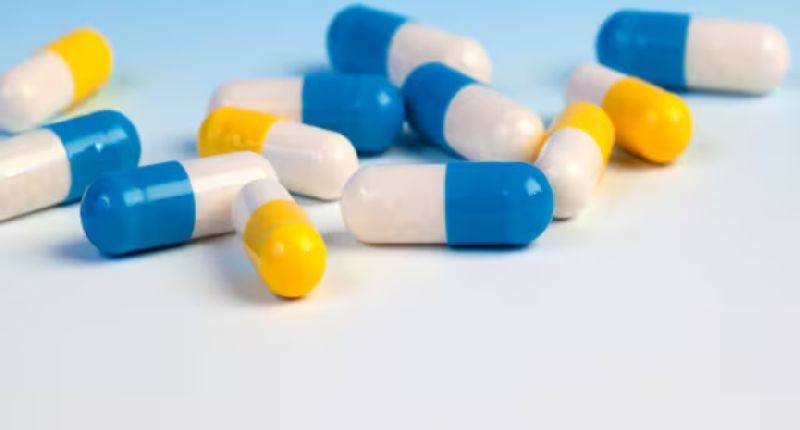
10+2 (Science stream preferred) or equivalent from a recognized board
Minimum: 18 years
Maximum: 35 years
Anatomy & Physiology – I
Introduction to human body systems (digestive, respiratory, circulatory, etc.)
Basic structure and function of tissues, organs
Important anatomical terms
Pathology & Microbiology – I
Introduction to diseases and infection
Basic pathogens: bacteria, virus, fungi, parasites
General pathology: inflammation, wound healing
Pharmacology – I
Introduction to drugs and classifications
Dosage forms and routes of administration
Basic pharmacodynamics and pharmacokinetics
First Aid & Emergency Care – I
Principles of first aid
CPR, bleeding, fractures, burns
Handling emergencies (fever, dehydration, poisoning)
Community Health – I
Basics of community and public health
Sanitation, nutrition, and hygiene
Immunization and child health
Medical Terminology & Communication Skills
Common medical terms used in clinical practice
Writing prescriptions and reading doctor’s notes
Patient interaction and record maintenance
Anatomy & Physiology – II
Reproductive, nervous, urinary, and endocrine systems
Common diseases associated with these systems
Pathology & Microbiology – II
Diagnosis of common infections (malaria, TB, UTI, etc.)
Specimen collection and lab test basics
Sterilization and disinfection
Pharmacology – II
Essential drugs used in rural healthcare
Prescription writing and drug dosage calculation
Drug storage, side effects, and contraindications
Primary Medical Care & OPD Practice
Managing fever, cold, cough, diarrhea, vomiting
Use of basic diagnostic tools (BP machine, glucometer)
Health education and awareness
Legal & Ethical Aspects of Practice
Role and responsibility of community health workers
Drug control laws and regulations
Ethics in patient care and privacy
Practical Training – I
Field visits to PHCs or dispensaries
Observing outpatient care
Dispensing common medicines under supervision

Course Code : M-ITIMM01

Course Code : M-ITIMM02

Course Code : M-ITIEVM01
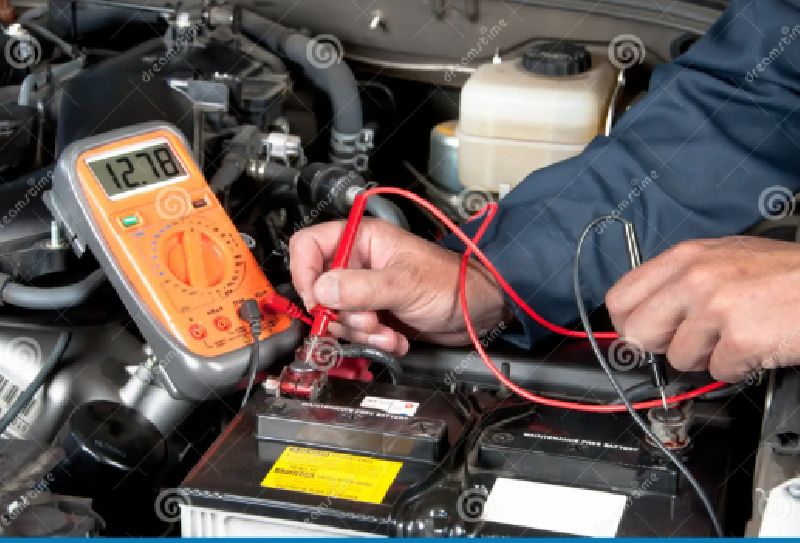
Course Code : M-ITIEVM02

Course Code : M-D-MLT01

Course Code : M-D-MLT02

Course Code : M-ITIADS01

Course Code : M-ITIADS02

Course Code : M-DHSI01

Course Code : M-DHSI02

Course Code : M-ITIDM01

Course Code : M-ITIDM02

Course Code : M-ITIDMC01

Course Code : M-ITIDMC02

Course Code : M-DBM01

Course Code : M-DBM02

Course Code : M-DFD01

Course Code : M-DFD02

Course Code : M-CFT01

Course Code : M-CFT02

Course Code : M-ADCA01

Course Code : M-ADCA02

Course Code : M-DHM01

Course Code : M-DHM02

Course Code : M-HM01

Course Code : M-HM02

Course Code : M-DRM01

Course Code : M-DRM02

Course Code : M-PTT01

Course Code : M-PTT02
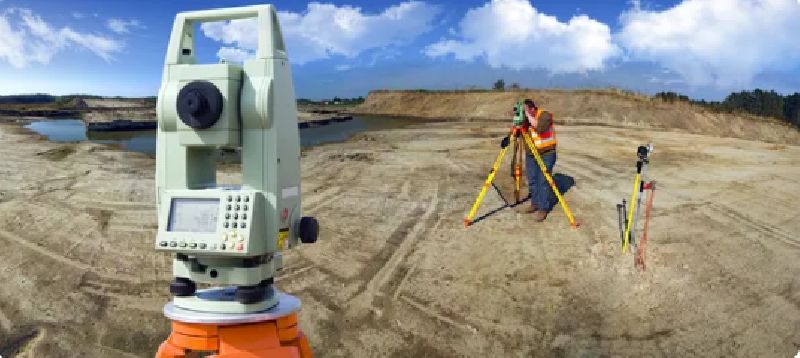
Course Code : M-ITISP01
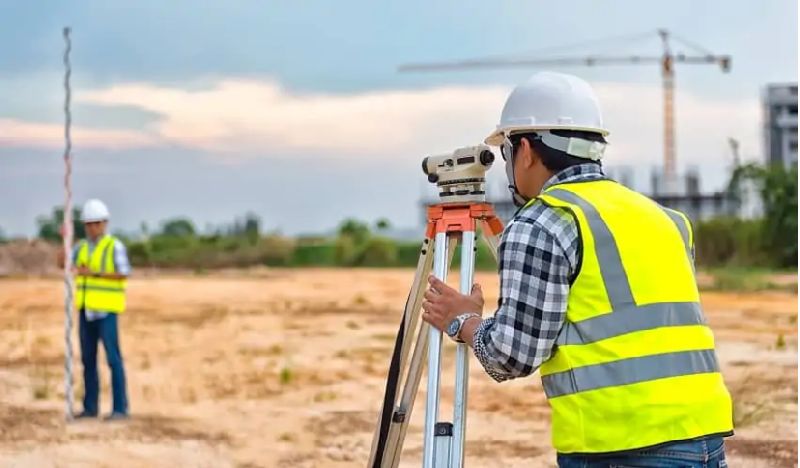
Course Code : M-ITISP02

Course Code : M-CMS01
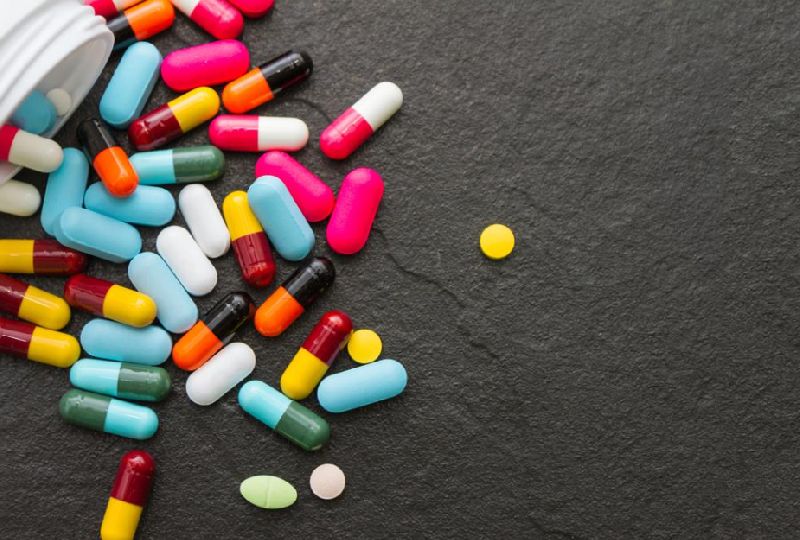
Course Code : M-CMS02

Course Code : M-ITIE01

Course Code : M-ITIE02
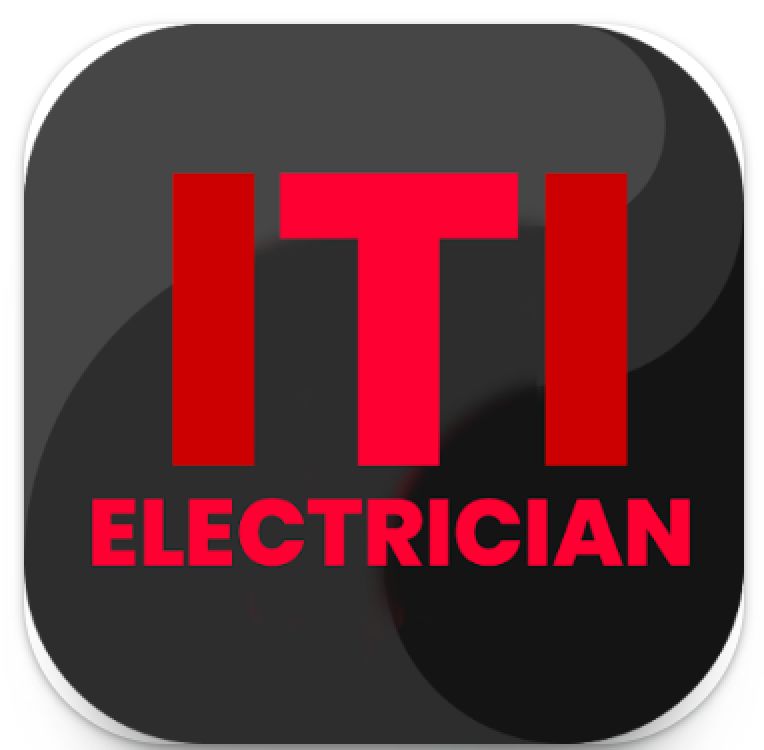
Course Code : M-ITIEN01

Course Code : M-ITIEN02
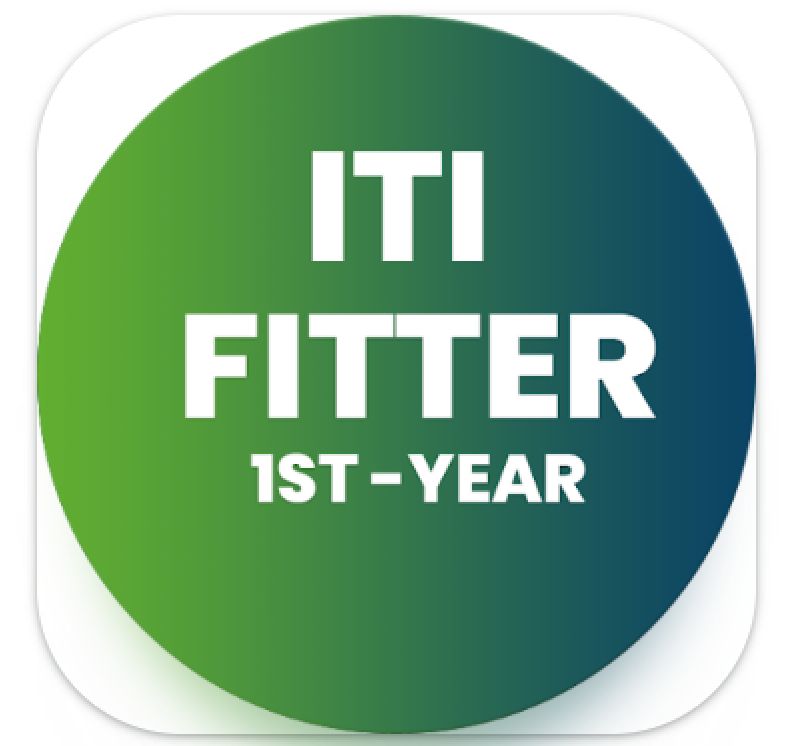
Course Code : M-ITIF01
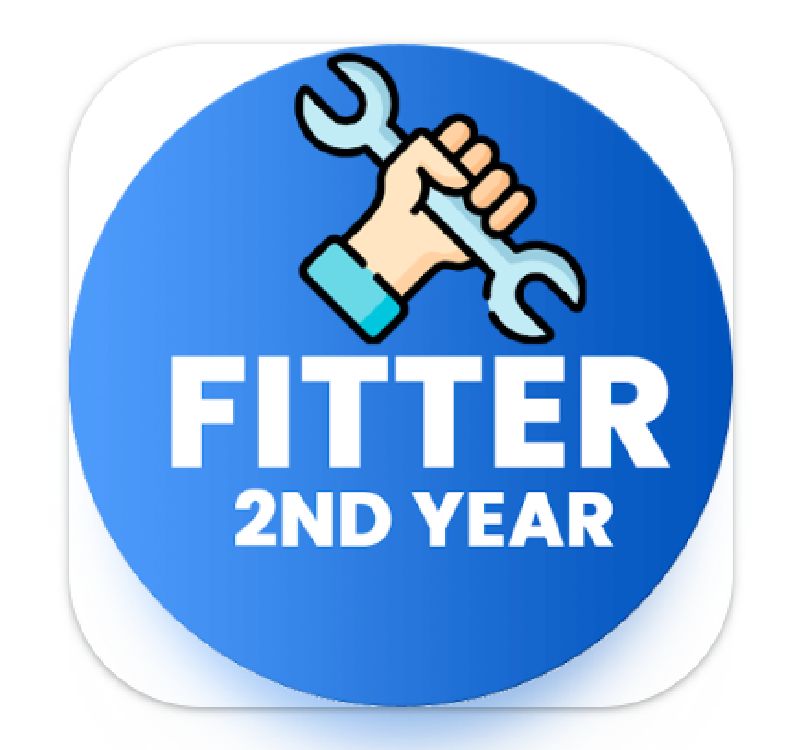
Course Code : M-ITIF02
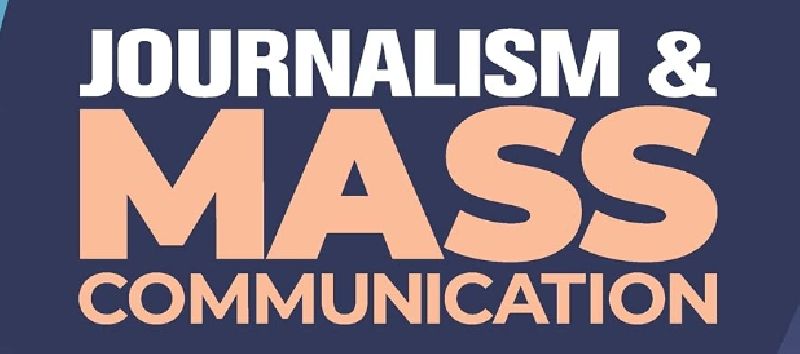
Course Code : M-DJMC01

Course Code : M-DJMC02

Course Code : M-DPE01
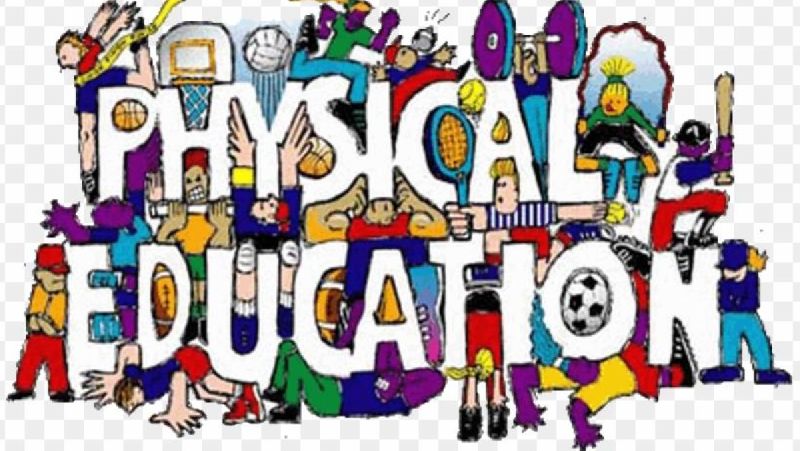
Course Code : M-DPE02
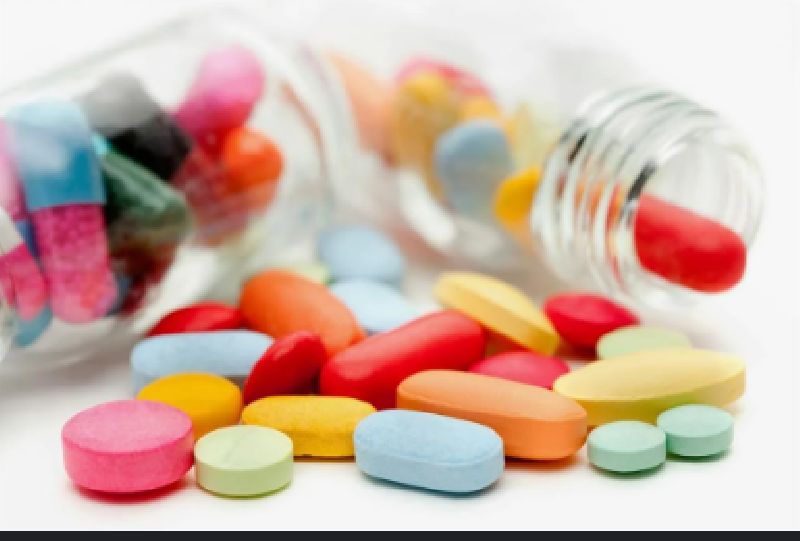
Course Code : M-CMSED01
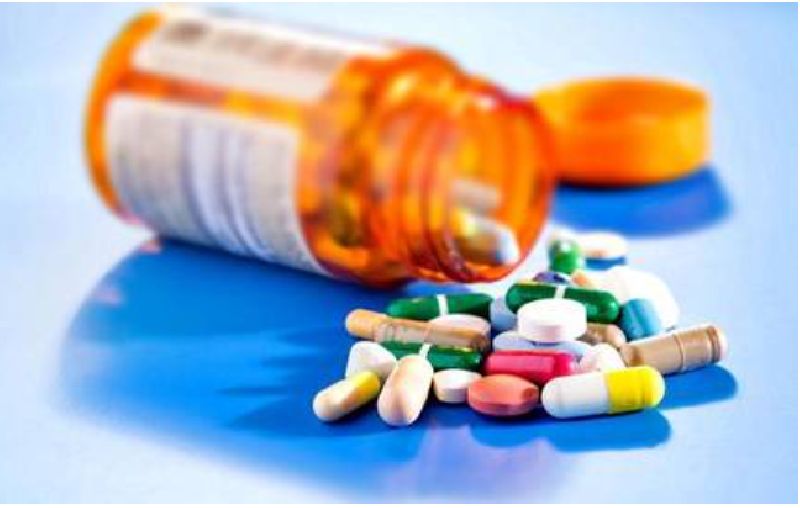
Course Code : M-CMSED02
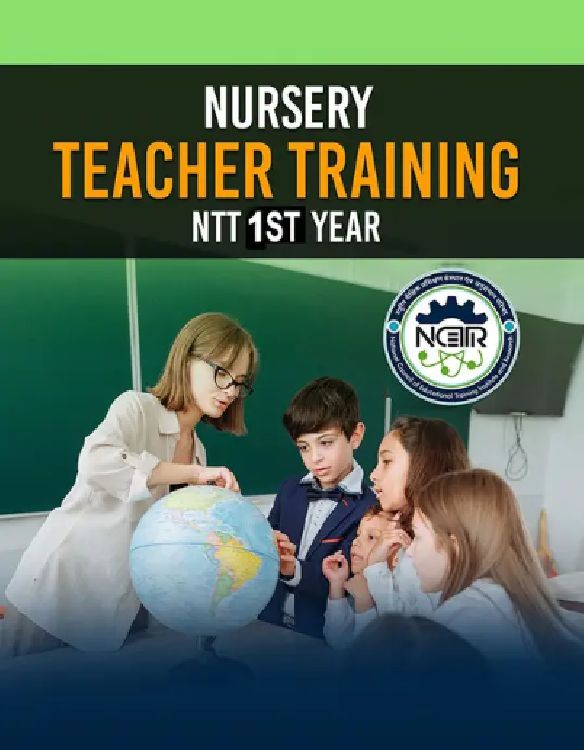
Course Code : M-NTT01
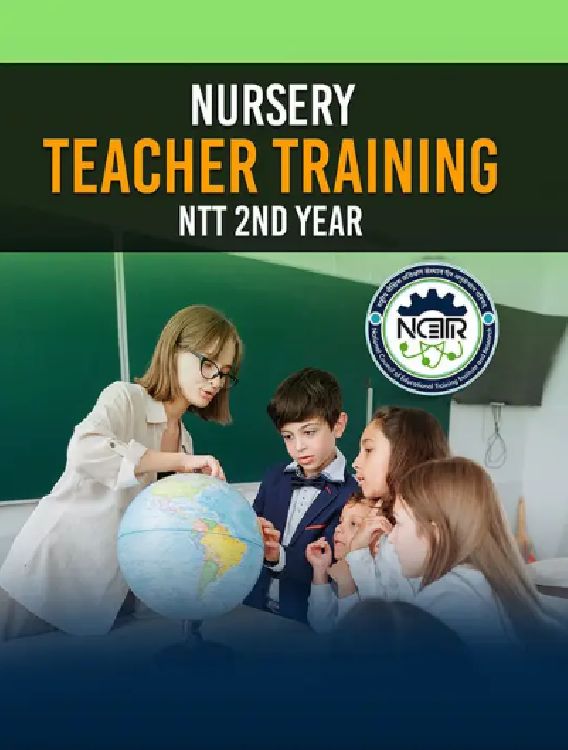
Course Code : M-NTT02

Course Code : M -01
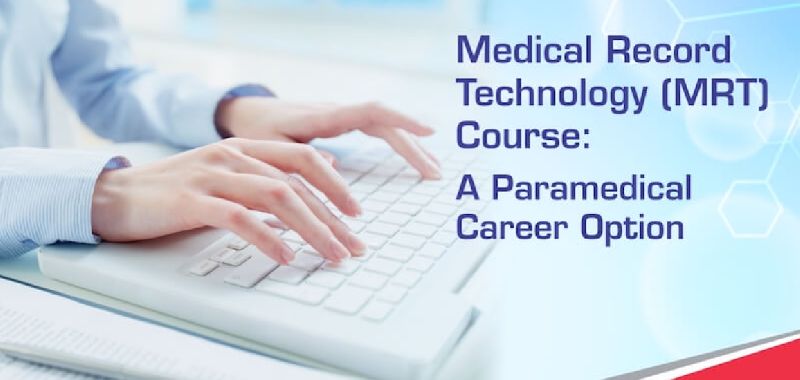
Course Code : M-02

Course Code : M-03

Course Code : M-04

Course Code : M-05

Course Code : M-07

Course Code : M-08
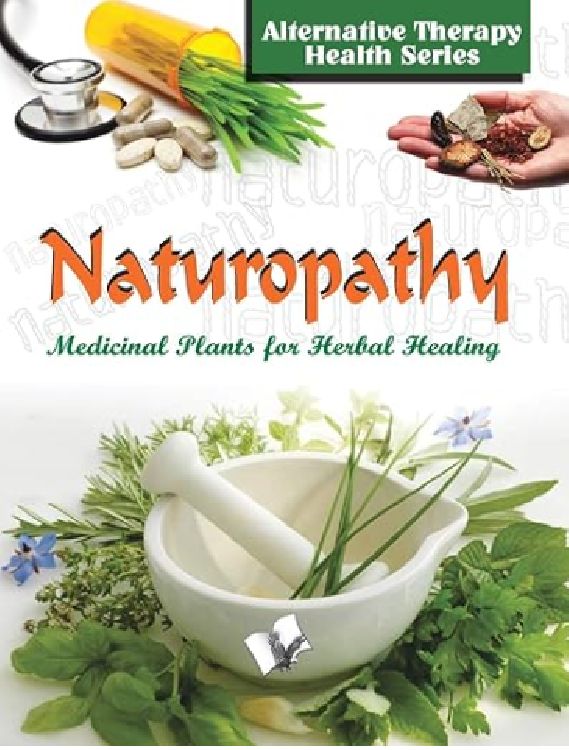
Course Code : M-09
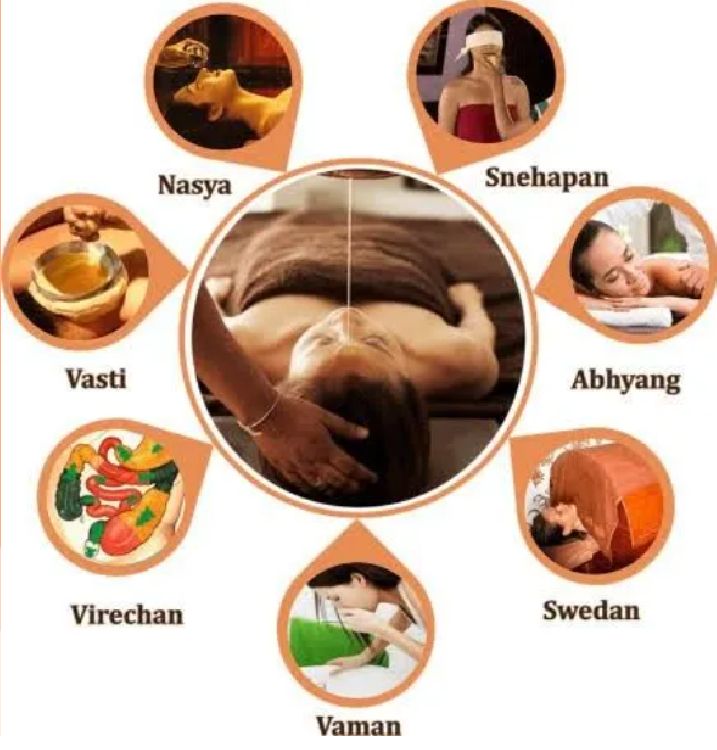
Course Code : M-10

Course Code : M-11

Course Code : M-12

Course Code : M-13

Course Code : M-14

Course Code : M-15
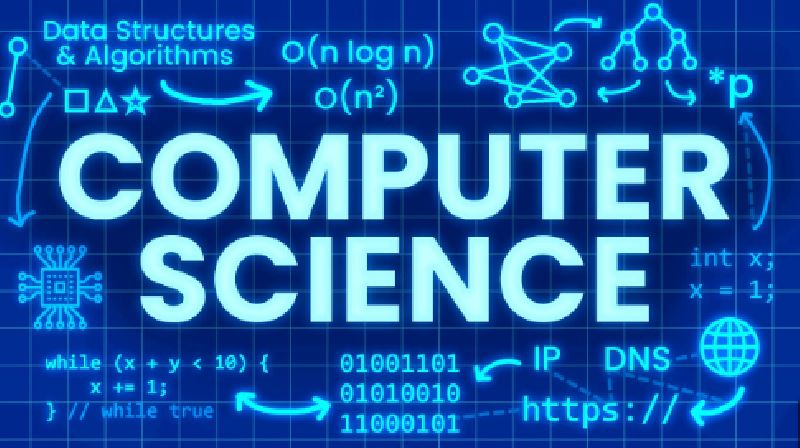
Course Code : M-16
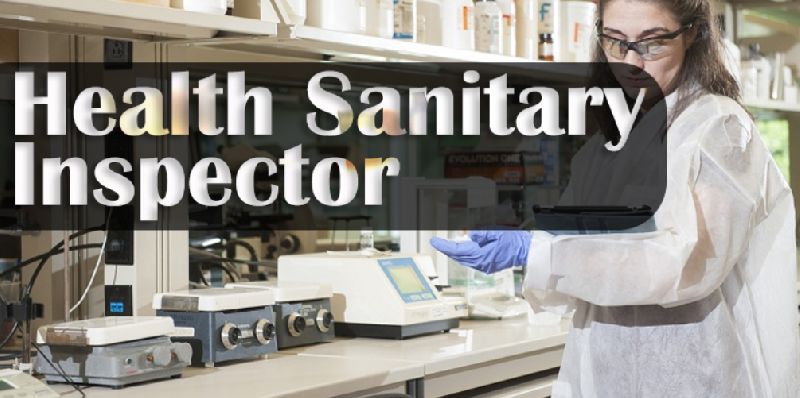
Course Code : M-17
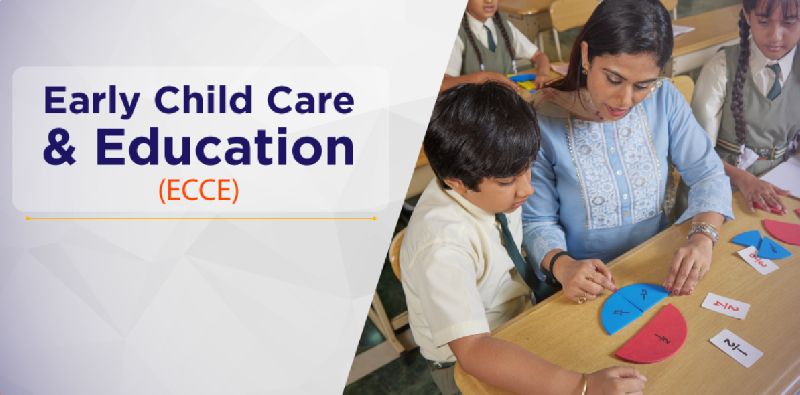
Course Code : M-18
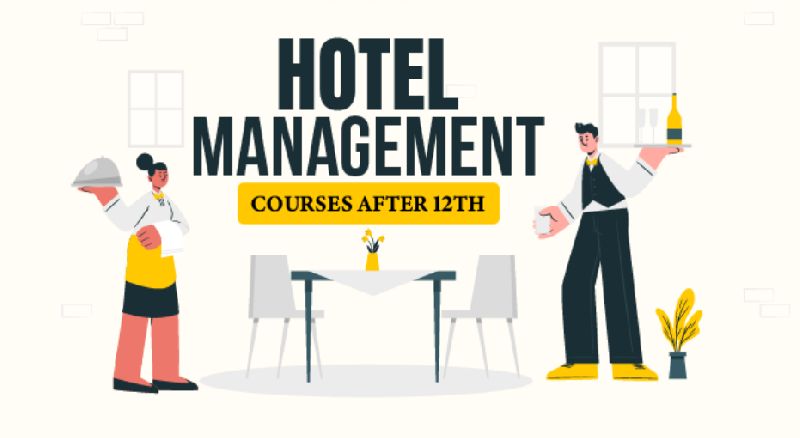
Course Code : M-19
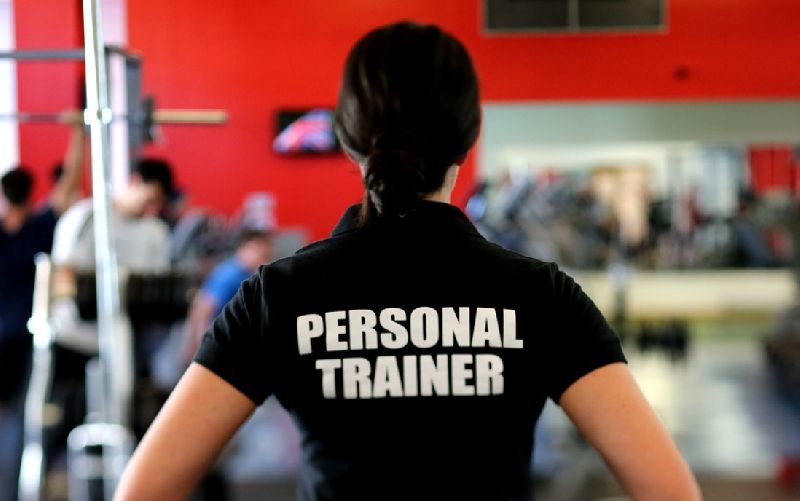
Course Code : M-20
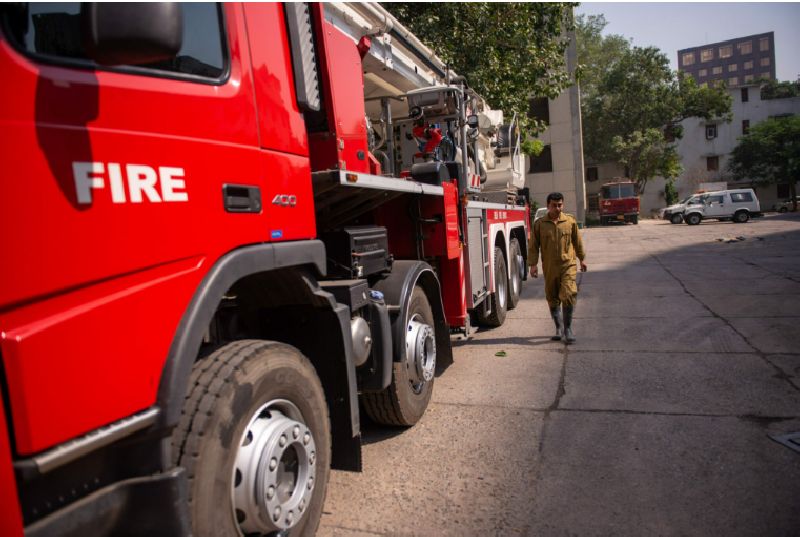
Course Code : M-21
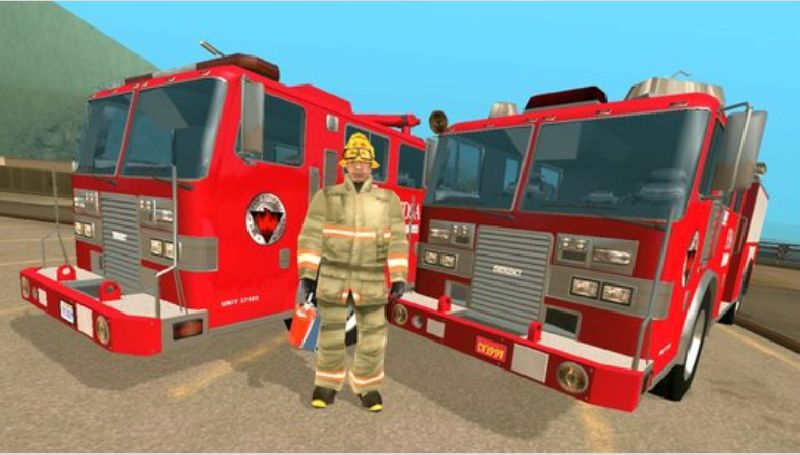
Course Code : M-22

Course Code : M-23

Course Code : M-24

Course Code : M-25

Course Code : M-26
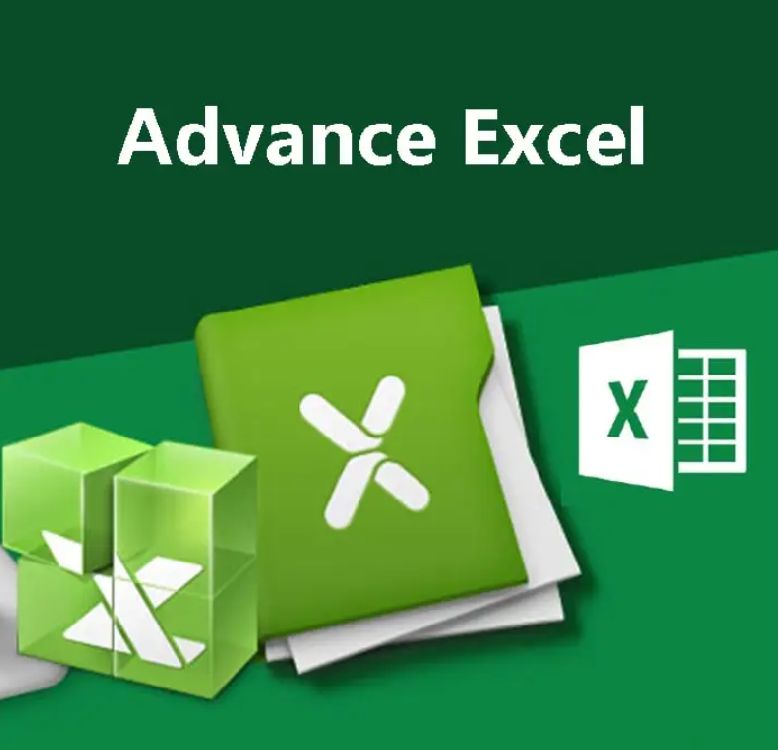
Course Code : M-27
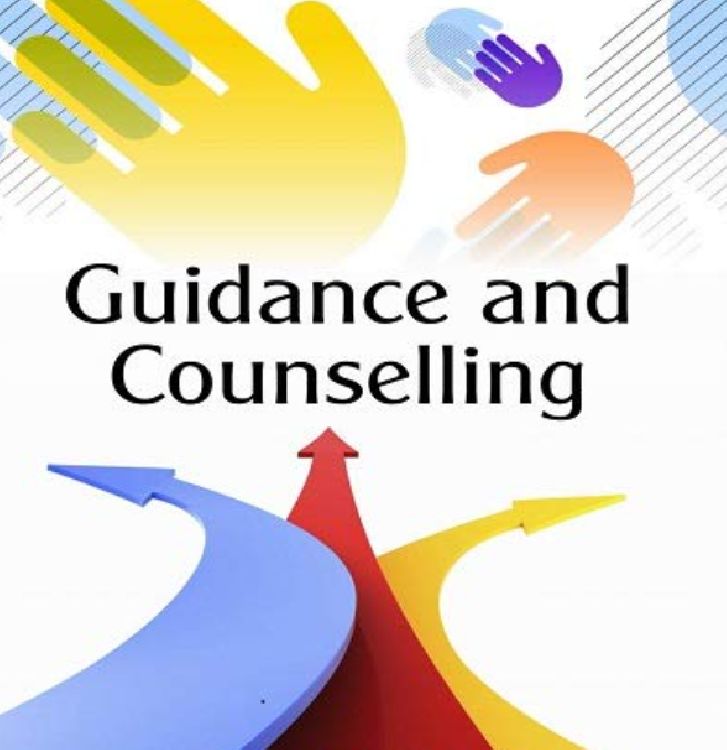
Course Code : M-28

Course Code : M-29
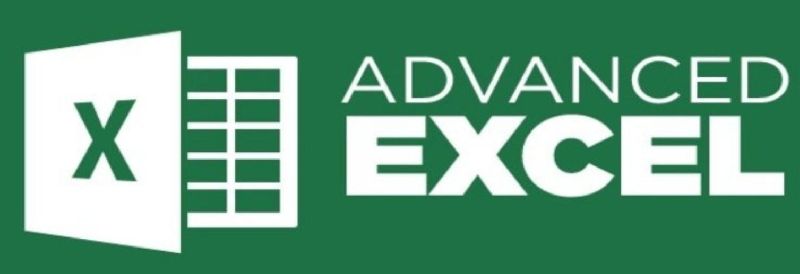
Course Code : M-30

Course Code : M-31
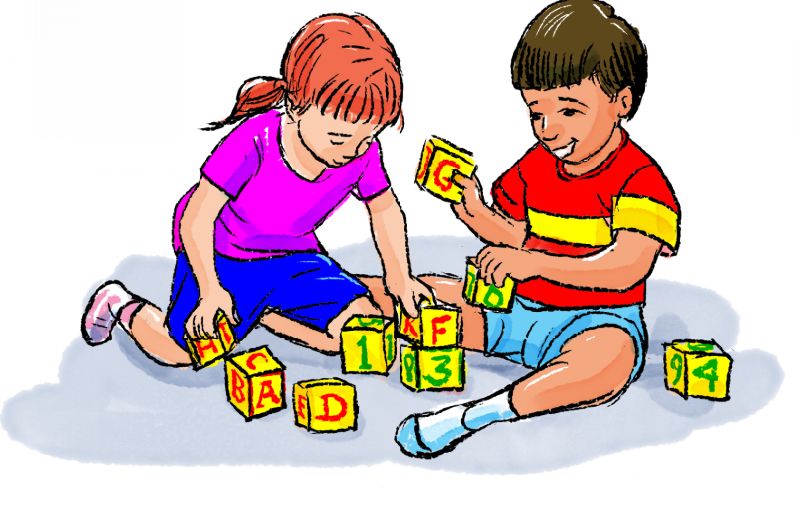
Course Code : M-32

Course Code : M-33

Course Code : M-34
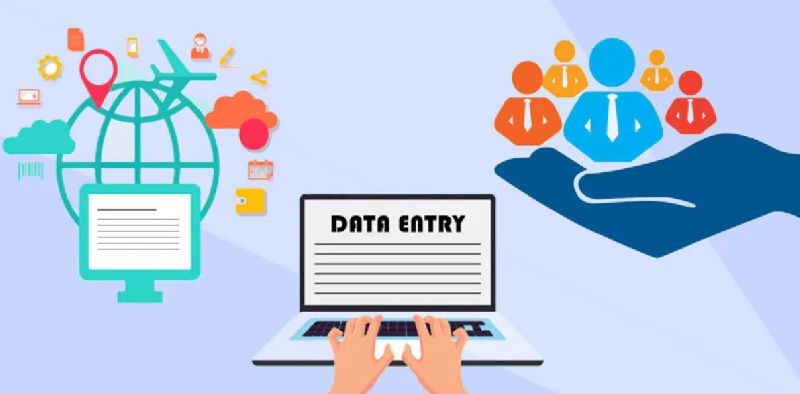
Course Code : M-35

Course Code : M-36
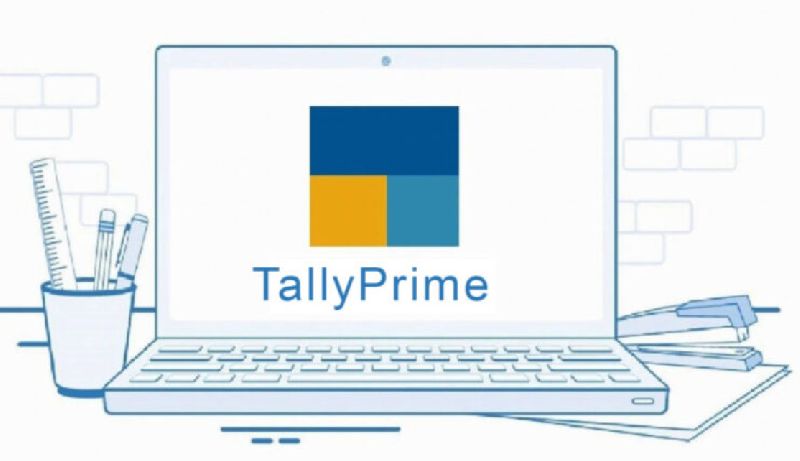
Course Code : M-37
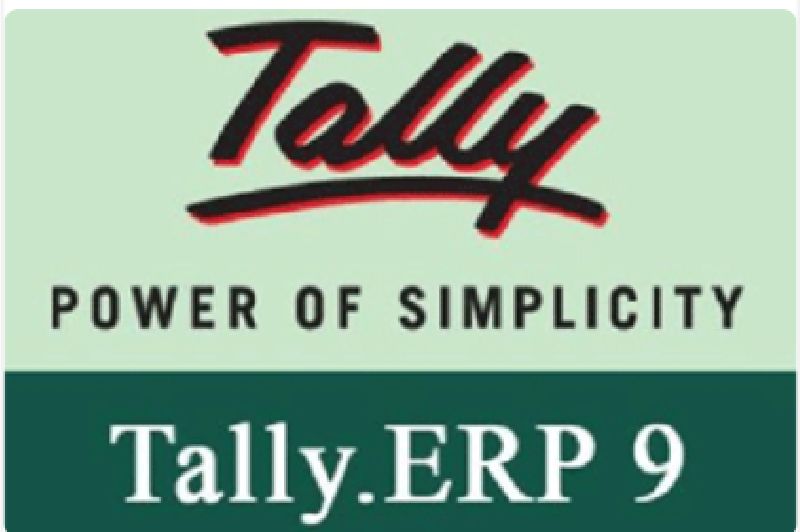
Course Code : M-38
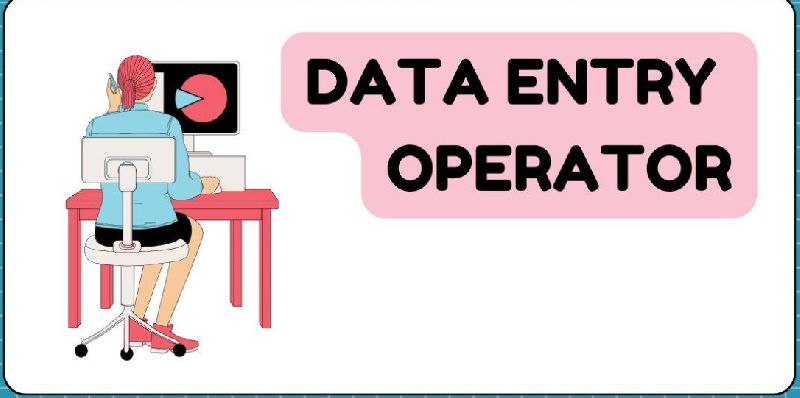
Course Code : M-39
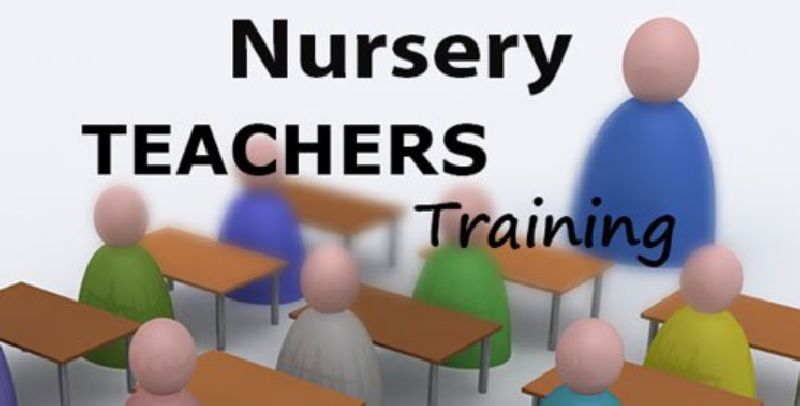
Course Code : M-41
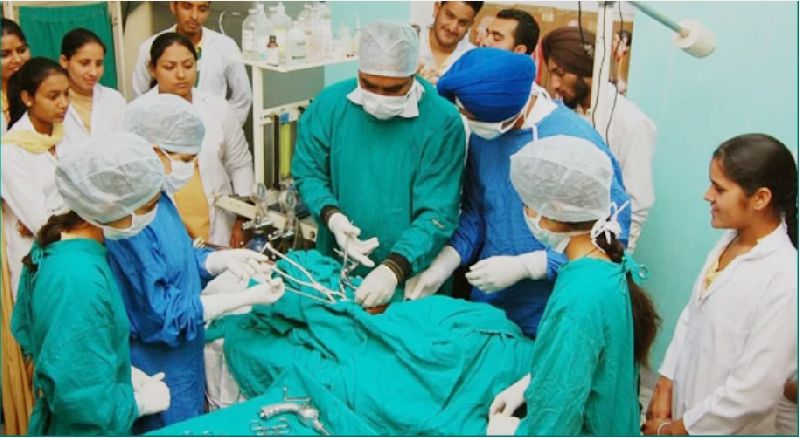
Course Code : M-42
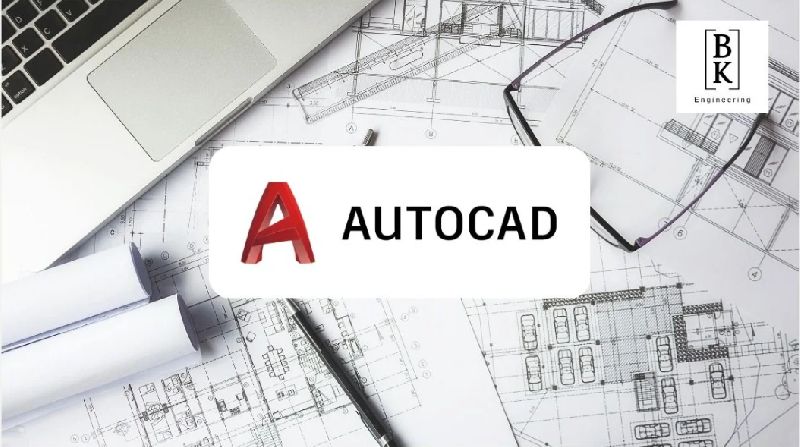
Course Code : M-43
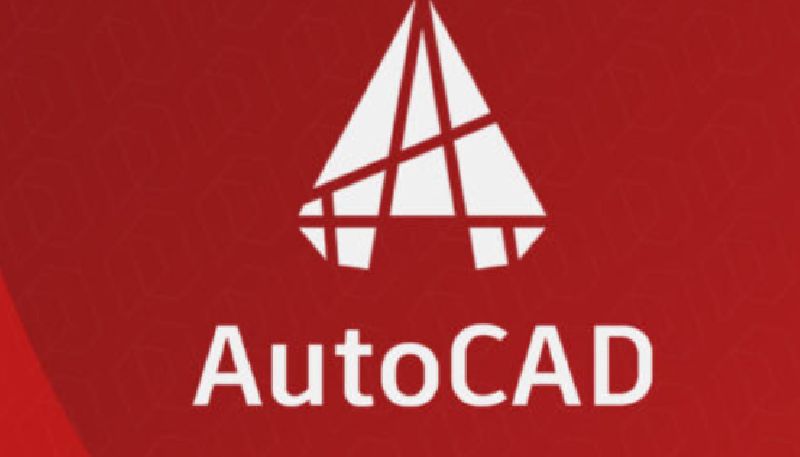
Course Code : M-44
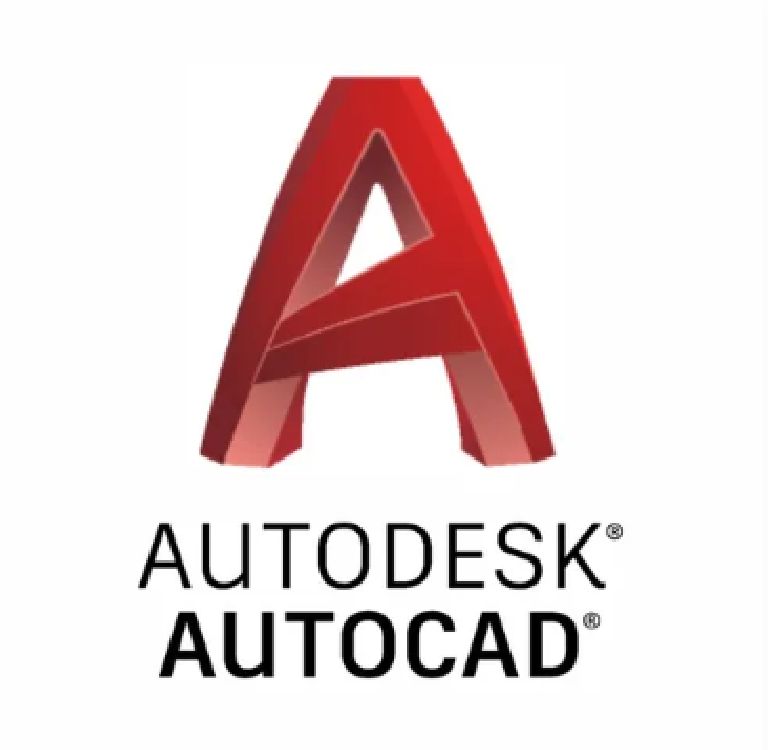
Course Code : M-45

Course Code : M-46
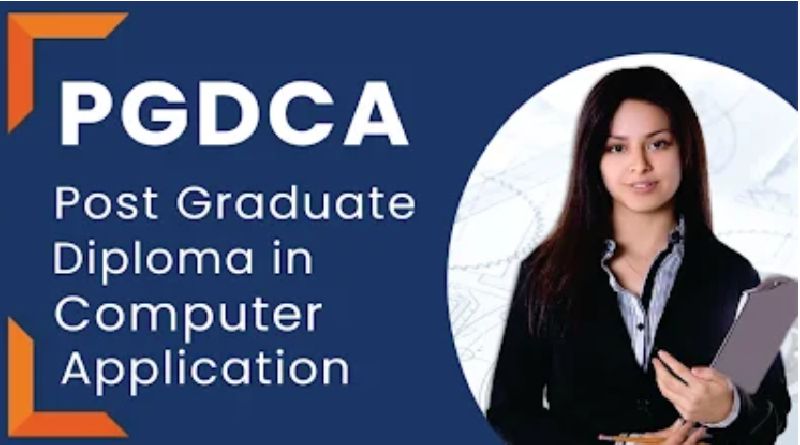
Course Code : M-47

Course Code : M-48

Course Code : M-49
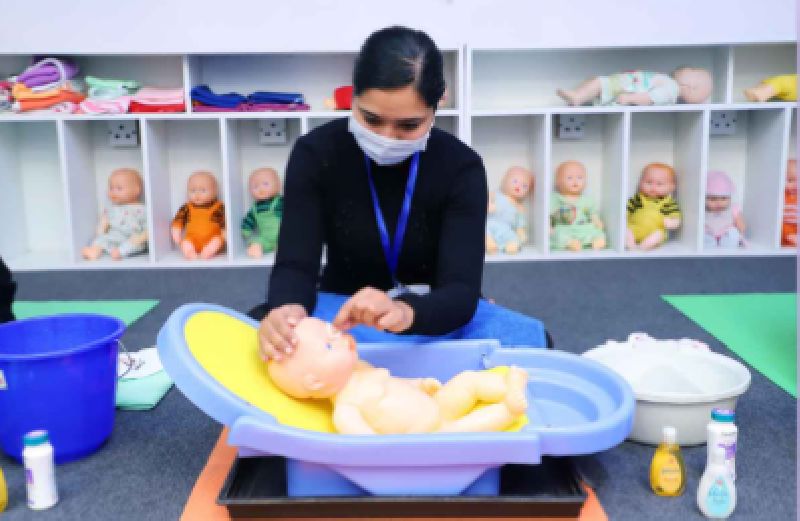
Course Code : M-50
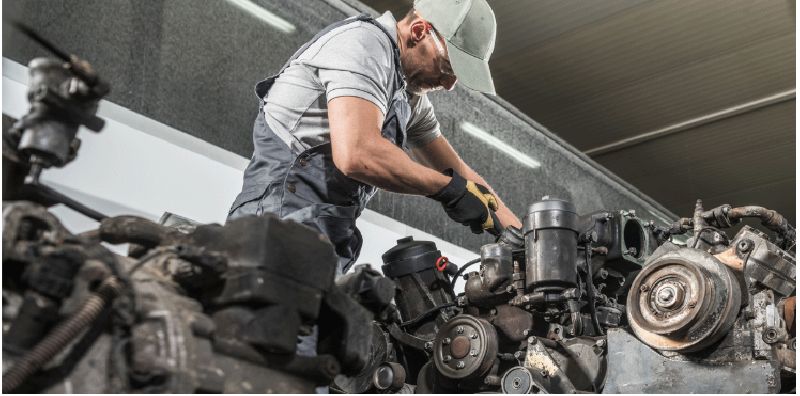
Course Code : M-51
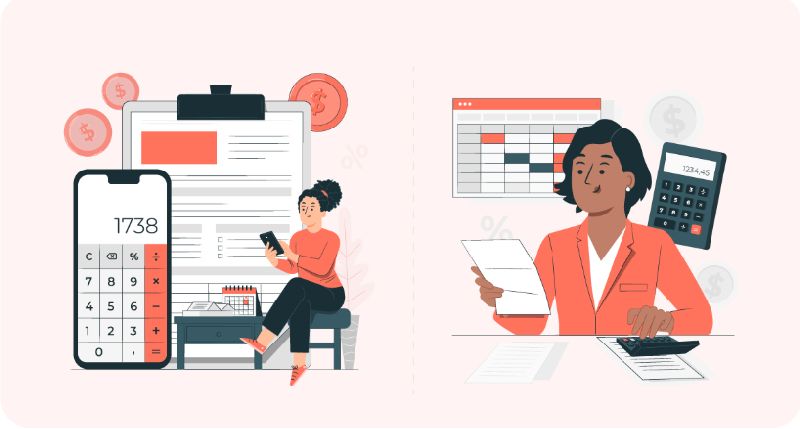
Course Code : M-52
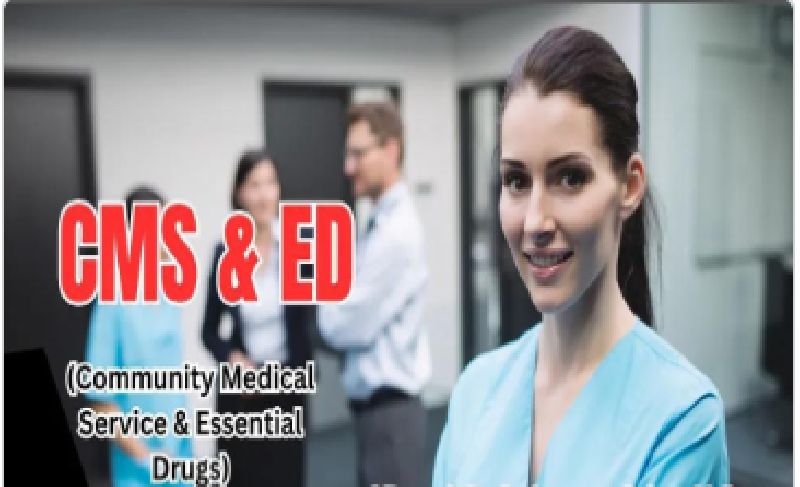
Course Code : M-53
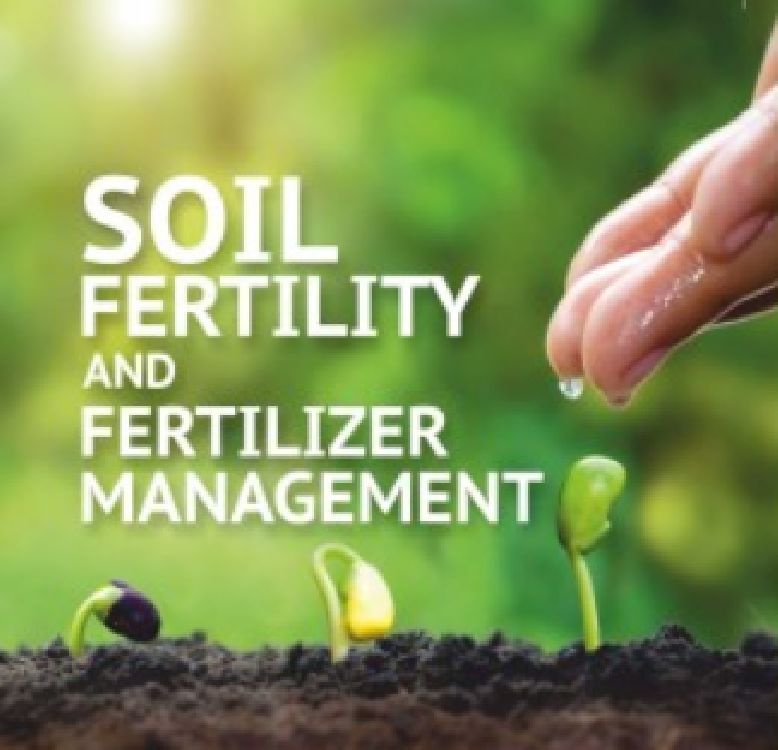
Course Code : M-54

Course Code : M-55

Course Code : M-56

Course Code : M-57

Course Code : M-58
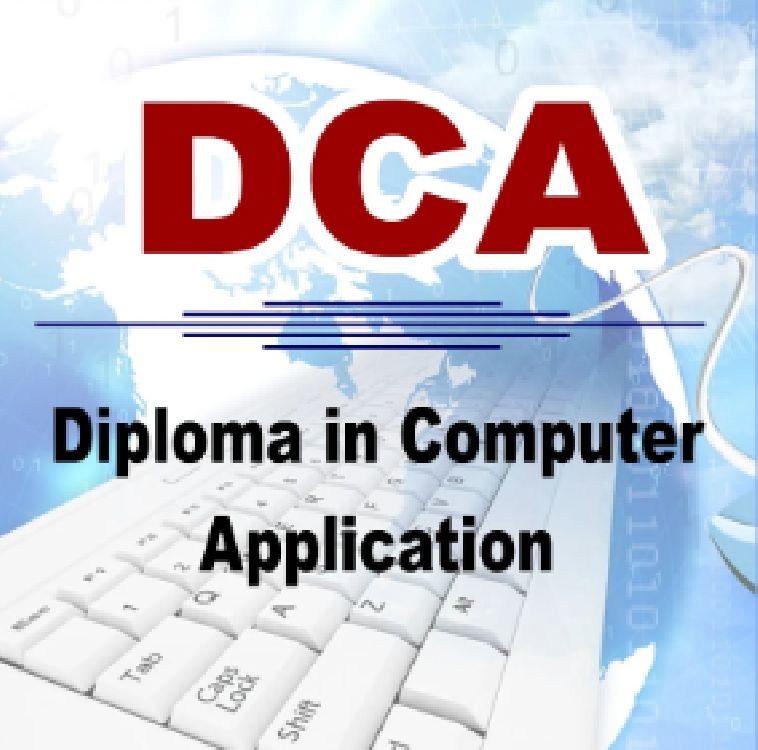
Course Code : M-59
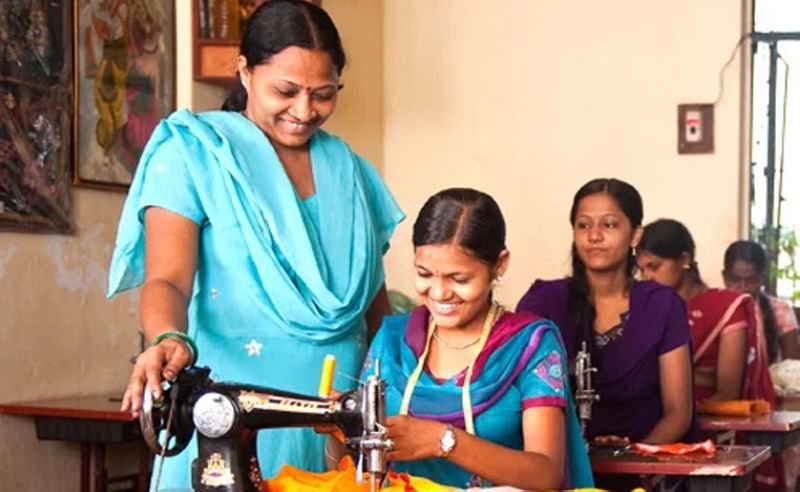
Course Code : M-60

Course Code : M-61

Course Code : M-62
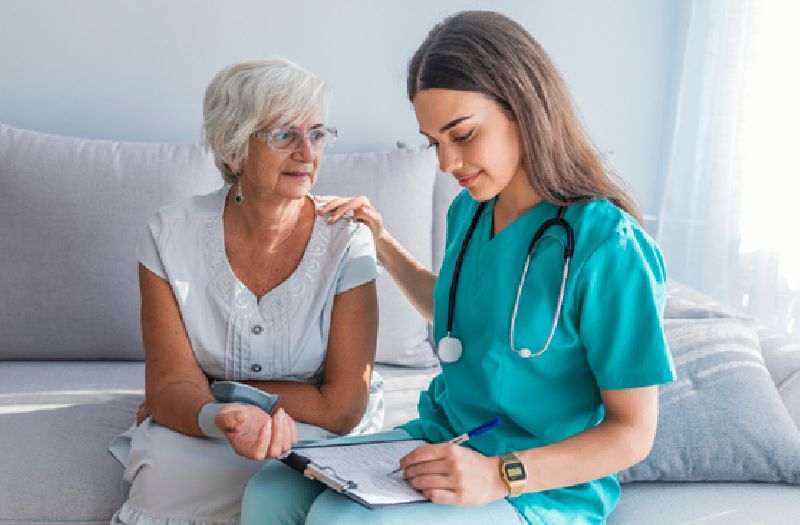
Course Code : M-63
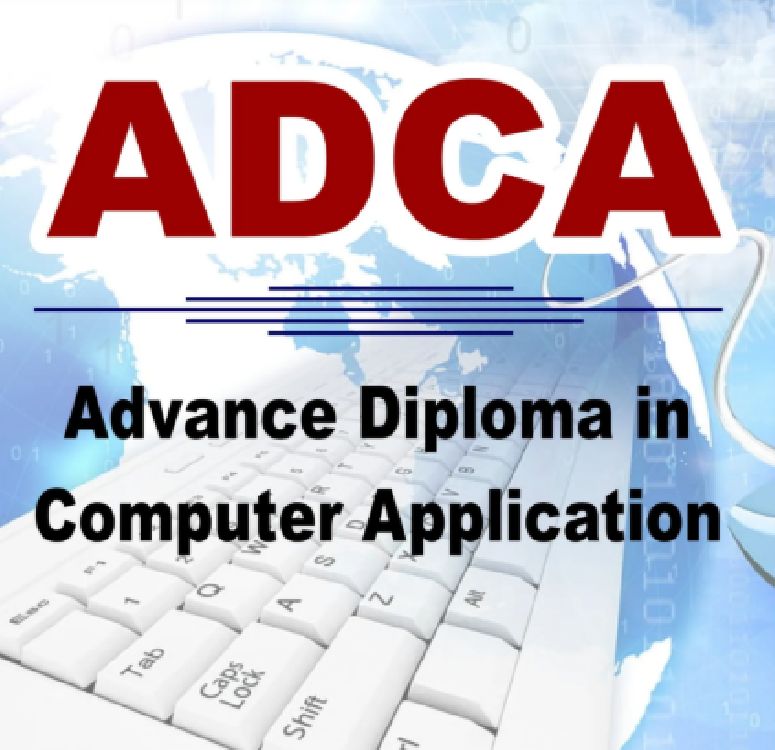
Course Code : M-64

Course Code : M-65

Course Code : M-66
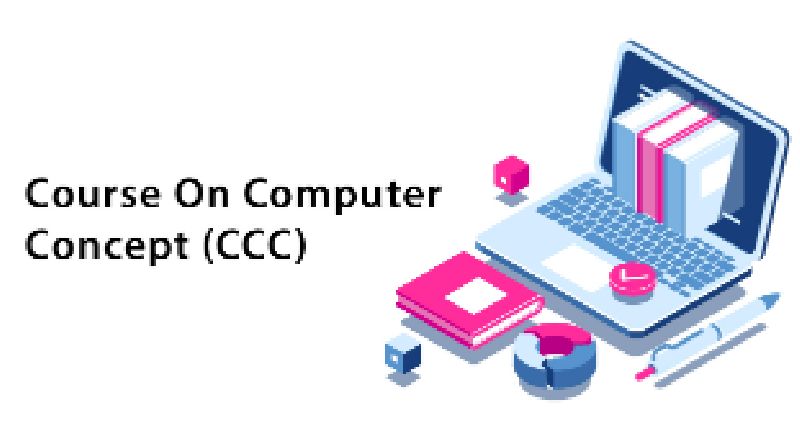
Course Code : M-67
